Liberal party’s rejection of the Indigenous voice to parliament will force Anthony Albanese to make history
Peter Dutton will actively campaign against the Indigenous voice to parliament, prompting Anthony Albanese to concede a Yes victory has been made more difficult.
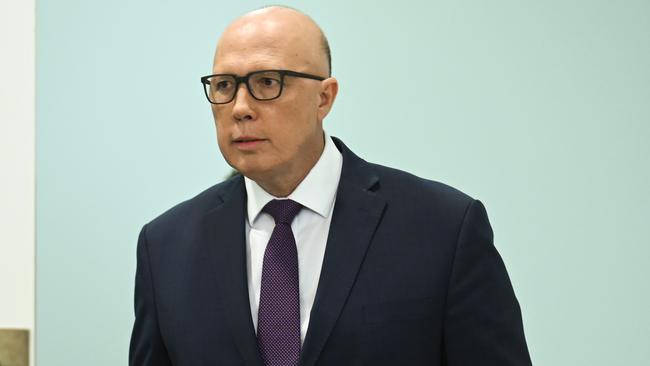
Opposition leader Peter Dutton will actively campaign against the Indigenous voice to parliament ahead of the referendum and has bound his frontbench to reject Anthony Albanese’s proposed model, prompting the Prime Minister to concede a Yes victory has been made more difficult.
Following a special two-hour Liberal party room meeting in Parliament House on Wednesday, which was called in the wake of the disastrous Aston by-election loss, the party endorsed constitutional recognition of Indigenous Australians but opposed the government’s proposal to enshrine a national voice in the Constitution.
Instead, Liberals will advocate for regional and local voices to be established by legislation.
No referendum has succeeded in Australia without bipartisan support.
While backbenchers will be free to vote and campaign as they wish, Tasmanian Liberal Bridget Archer was the only MP to publicly and directly oppose the position, saying it had tested her faith in the party.
NSW Liberal senator Andrew Bragg said he maintained an open mind on the voice as a long-term supporter of the concept. He committed to finding the best constitutional amendment through the parliamentary committee process and lashed the government’s “poor” process to date.
Opposition legal affairs and Indigenous Australians spokesman Julian Leeser, who like Senator Bragg has long backed the principle of the voice, attended the party room meeting but was not at the press conference with Mr Dutton and deputy leader Sussan Ley, after flying home to Sydney for Passover.
He would also not answer written questions from journalists.
Mr Leeser on Monday put forward a blueprint for the voice that differed slightly from Mr Dutton’s approach, in which the advisory body would still be enshrined in the Constitution but parliament would be given the power to legislate everything else, including who in the executive government it could talk to and what it could talk about.
The Opposition Leader warned that the government’s constitutional amendment and “Canberra voice” risked overreaching and being bogged down in the High Court, as he refused to say whether he would resign from his leadership position if the referendum was carried.
“It should be very clear to Australians by now: the Prime Minister is dividing our country and the Liberal Party seeks to unite our country,” Mr Dutton said.
“We want to make sure we can get the best possible outcomes for Indigenous Australians and we do that through recognising Indigenous Australians in the Constitution, and by providing for their say, their voice, to be heard by government in a very clear way but at a local level.
“Having a Canberra voice is not going to resolve the issues on the ground for Indigenous communities.”

Uluru Dialogue spokeswoman and Indigenous leader Pat Anderson said the Liberal decision was a vote for “business as usual”.
“It is a vote for the domination of Canberra politicians and Canberra bureaucrats in the lives of grassroots communities,” Ms Anderson said.
“Legislative bodies have come and gone; only constitutional enshrinement will guarantee First Nations peoples will have an enduring say and ultimately improve First Nations lives.
“After 12 years, seven processes and 10 reports, the Liberal Party have made a decision to campaign for a ‘No’ vote.”
Even if the Liberal Party opposes the constitutional amendment and referendum question voted on by parliament, it will wave through the government’s Constitution Alteration (Aboriginal and Torres Strait Islander Voice) Bill – which contains the question and amendment wording – so that Australians can have their say at a referendum.
The Prime Minister accused the Liberals of trying to reduce the voice to a “whisper” but acknowledged the lack of bipartisanship would make it more difficult for a referendum to succeed.
“Of course it will,” Mr Albanese told ABC radio. “That is why it is so disappointing that in the press conference today it was all about politics. This is not about me and Peter Dutton or any other politician. It is about Australia. How we see ourselves. Whether we give respect and recognise we share this great island continent of ours with the oldest continuous culture on earth.
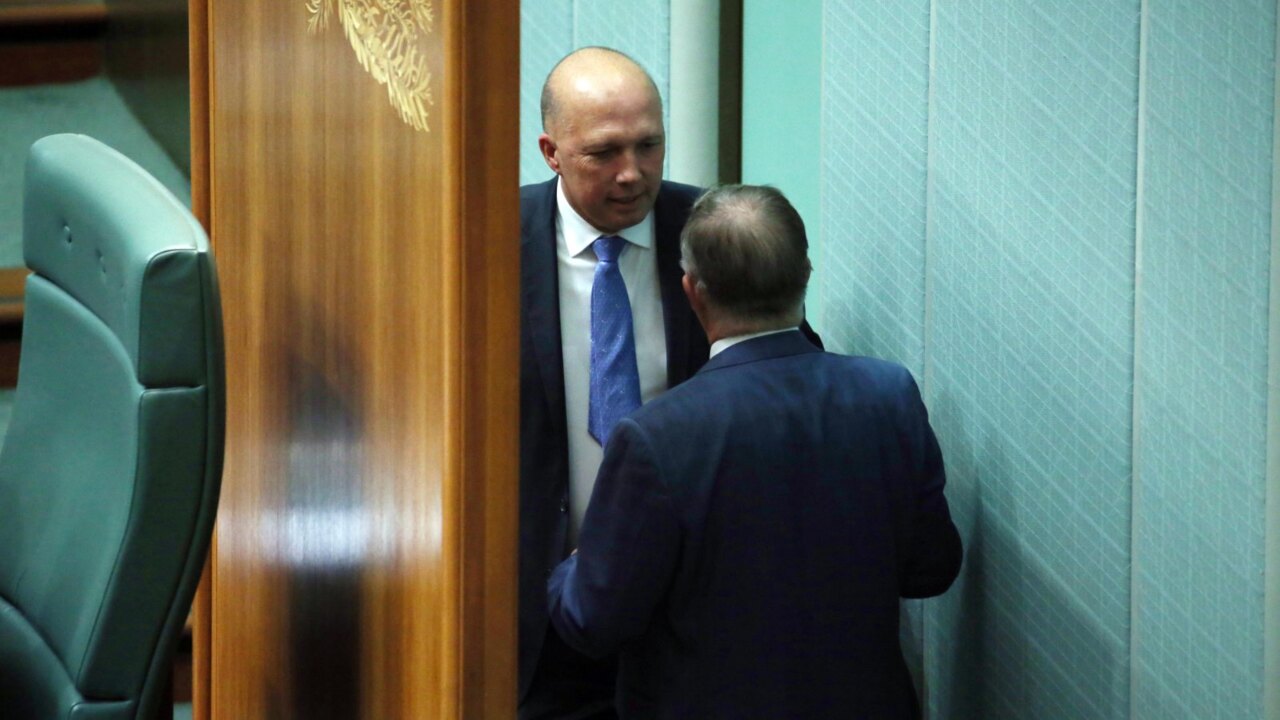
“It appears some people don’t want a voice; they’d rather have a whisper.”
Mr Dutton, who said he was prepared to work with the Prime Minister to put a form of constitutional recognition to a referendum this year, did no put forward a model for regional and local voices.
Indigenous Australians Minister Linda Burney said the Liberal position was “about as clear as mud” and Mr Dutton was tying himself in knots.
“Apparently he’s for a voice, but against it,” Ms Burney said.
“I truly hope the Liberal Party re-examines its position but I can assure you that the government is committed – along with tens of thousands, millions of Australians – towards recognition and making sure we have a mechanism that is going to move the dial on the unacceptable Closing the Gap targets in Australia.”
The Australian understands Victorian Liberal MP Russell Broadbent, who supports the voice in principle but would prefer a legislated body, will not campaign on the issue.
Tasmanian Liberal senator Richard Colbeck said the party couldn’t just say No but he was satisfied with the position taken.
“I didn’t want the message coming out of the back of today as just about saying ‘no’ to the voice. This is more important than that. Labor has been madly playing politics rather than consulting in a bipartisan process,” Senator Colbeck said.
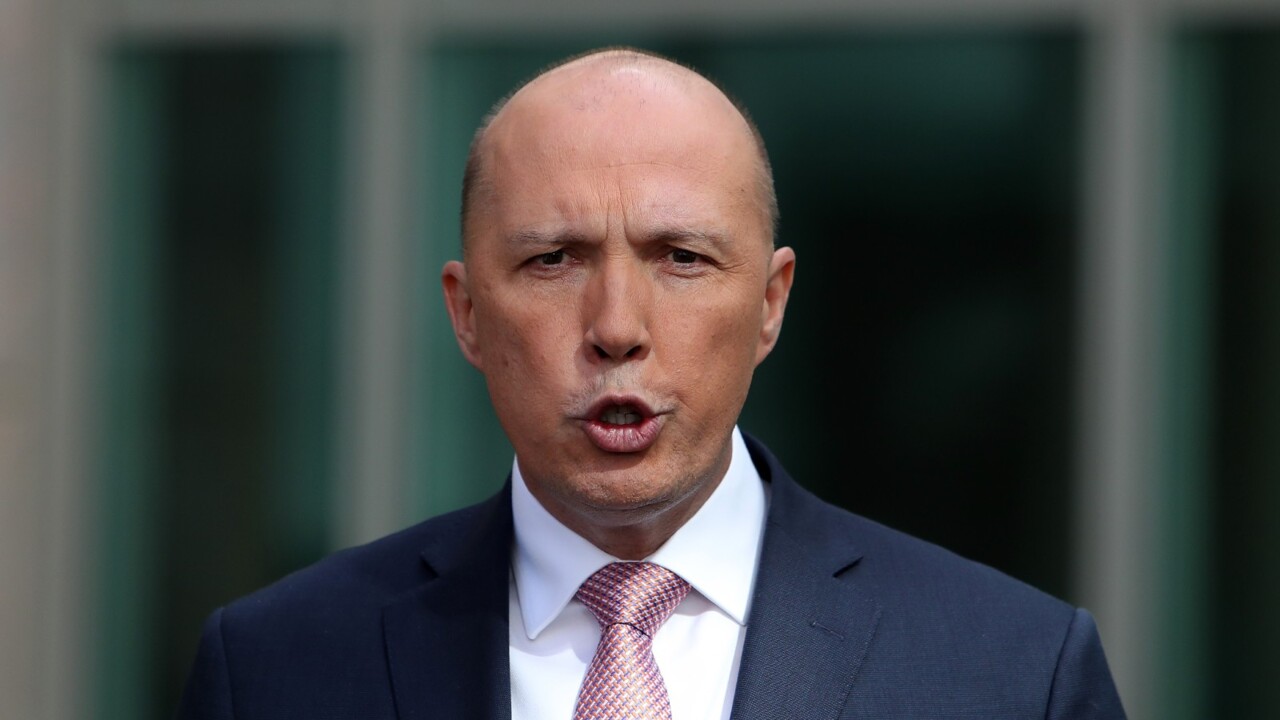
While he, like a number of Liberals, would have preferred the shadow cabinet be granted the freedom to campaign as per their conscience, he was pleased backbenchers could campaign freely.
“I wouldn’t be supporting the constitutional amendment as it currently stands,” Senator Colbeck said.
“If the evidence before the committee is the wording should change, then it should change. At this stage I don’t have a lot of confidence it will.”
Marcus Stewart, one of 21 Indigenous leaders on the Albanese government’s referendum working group, said of Mr Dutton’s position: “Australians will wake up tomorrow with the realisation and understanding of exactly why the Uluru Statement from the Heart is an invitation to the people and not to the politicians.”
Deputy Liberal leader Sussan Ley said Mr Albanese had a responsibility to foster a civil debate, accusing him of failing to show “basic decency” when asked simple questions about how the voice would work.


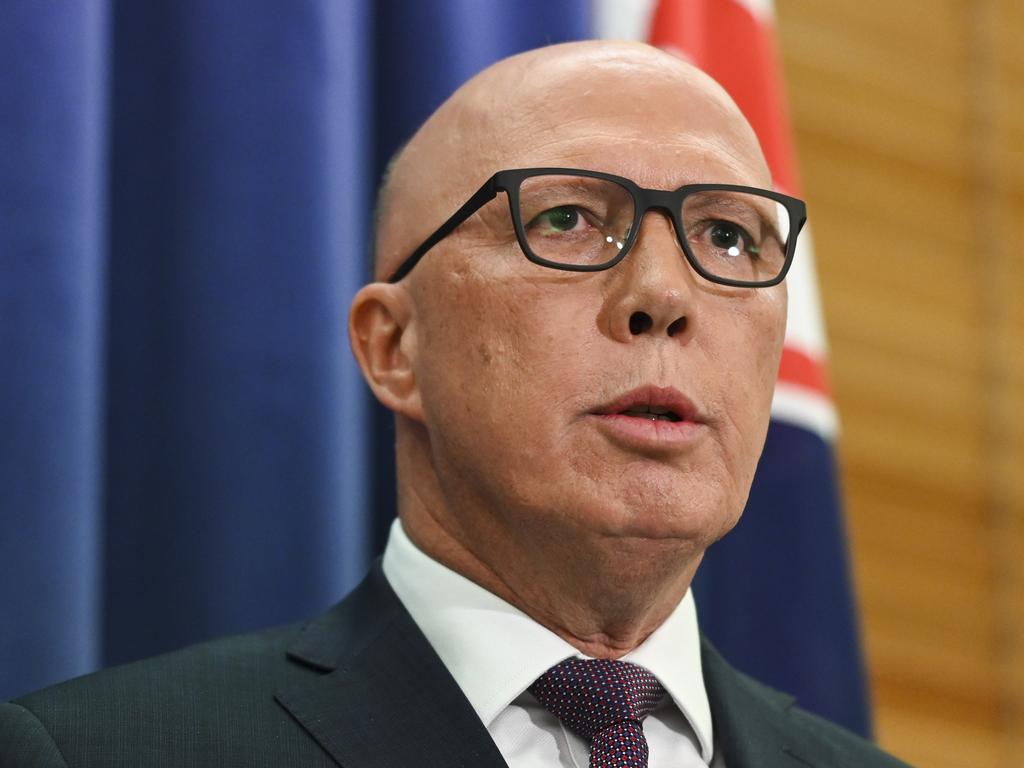
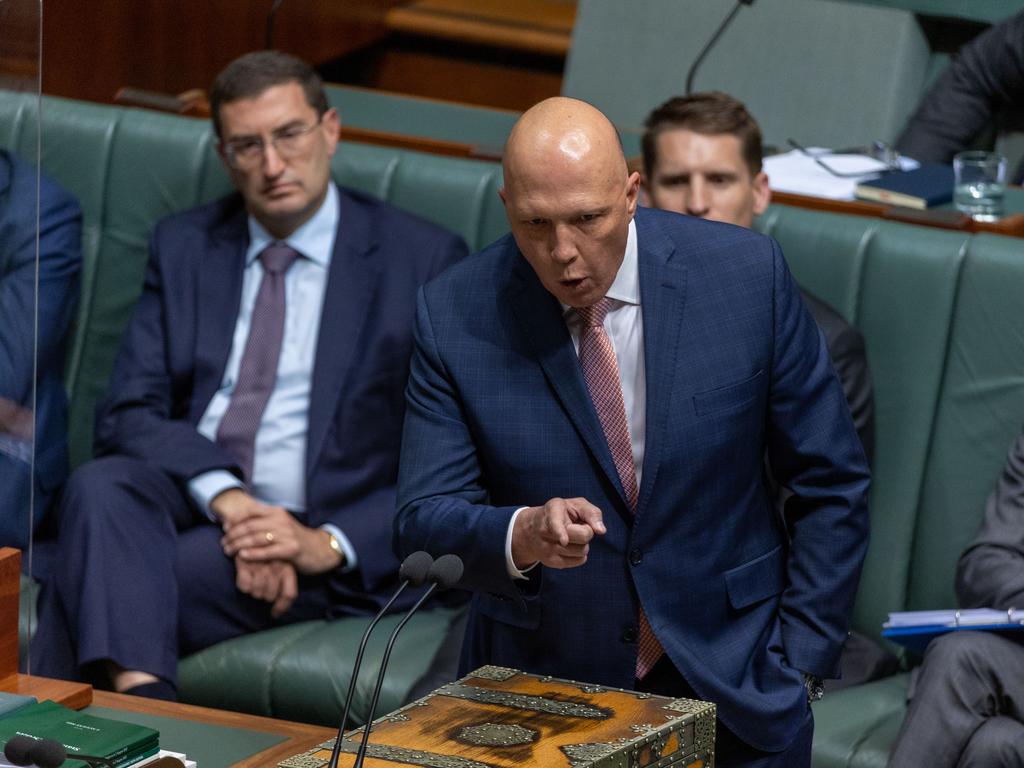
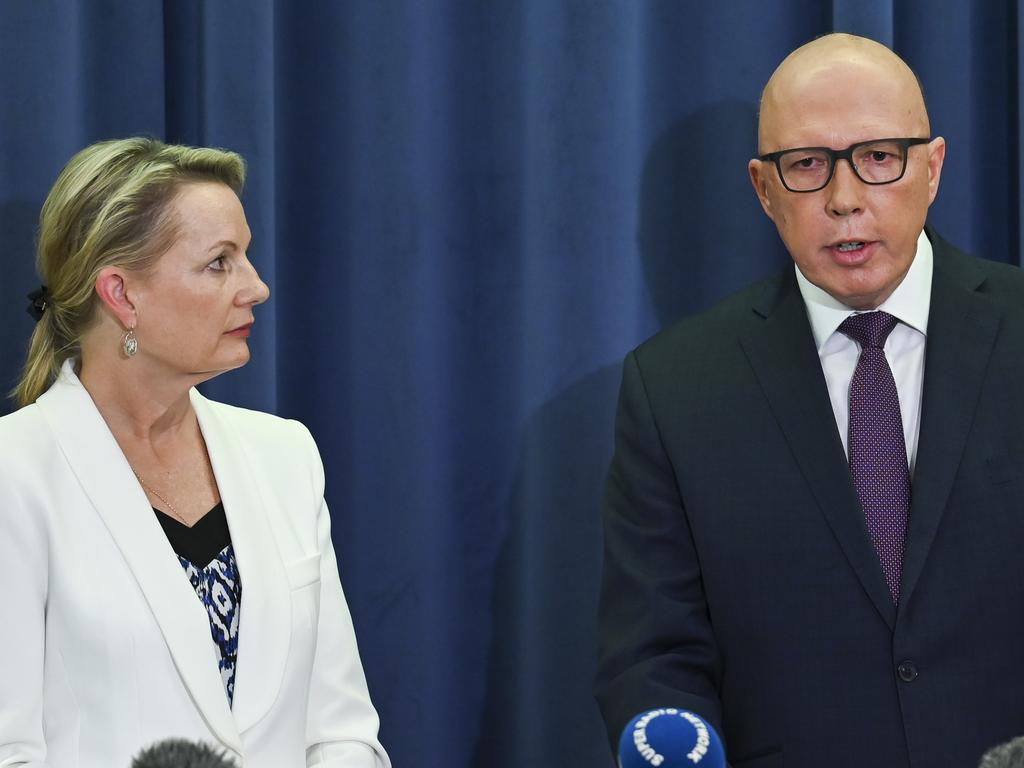
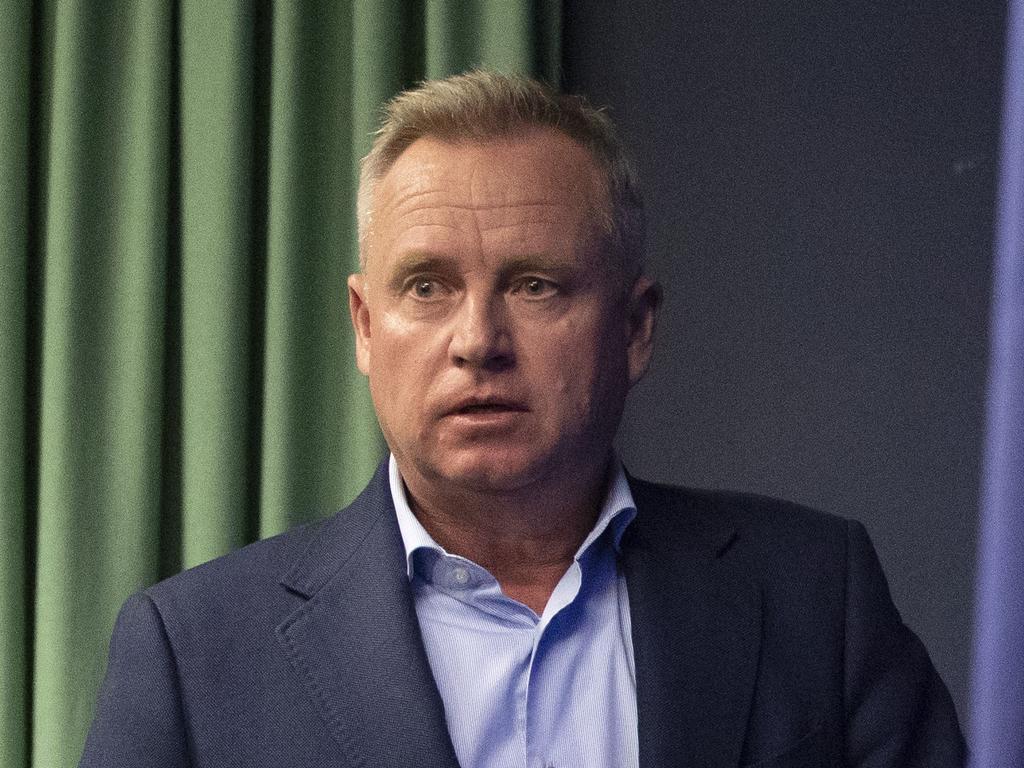


To join the conversation, please log in. Don't have an account? Register
Join the conversation, you are commenting as Logout